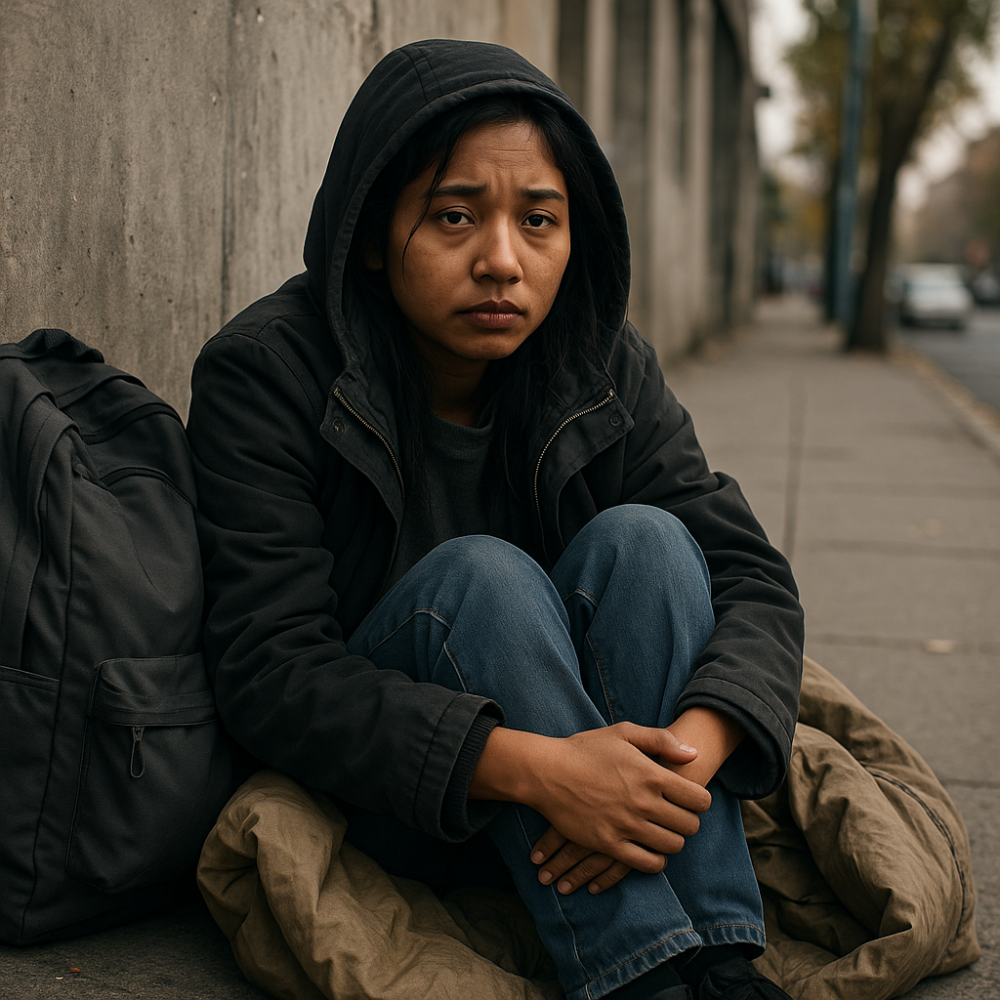
Sydney, 31 May 2025 — Homelessness services across Australia are raising alarms over a disturbing trend: a growing number of international students are being forced to sleep rough due to skyrocketing living costs and a severe lack of affordable housing.
Charities and crisis accommodation centres in major cities such as Sydney, Melbourne, and Brisbane report an increasing influx of young overseas students seeking food, shelter, and emergency support. Many of these students arrive in Australia with high hopes for education and opportunity, only to find themselves priced out of the rental market and left without stable accommodation.
“We’re seeing students sleeping in parks, cars, train stations, and even libraries,” said a spokesperson from Launch Housing, a Melbourne-based homelessness organisation. “They’re working part-time jobs, trying to keep up with their studies, and simply can’t afford current rent levels.”
Australia is home to more than 600,000 international students, contributing billions to the national economy annually. However, housing supply has failed to keep pace with demand, especially in urban centres. Rising rent, a shortage of student accommodation, and restrictions on working hours for student visa holders have left many vulnerable.
One student from India, who asked not to be named, described her experience: “I came here for a better future, but I didn’t expect to live in a car for three weeks. I’m ashamed to call home because my family made sacrifices to send me here.”
Student advocacy groups are urging the federal government and universities to act swiftly. Recommendations include emergency housing grants, relaxed work restrictions, and partnerships with housing providers to develop low-cost student accommodation.
Universities Australia responded to the concerns, stating that while some institutions have support systems in place, more collaboration is needed to address this growing crisis.
As winter approaches, advocacy groups warn the situation could become life-threatening. Without urgent intervention, hundreds more international students may be left to brave freezing nights on the streets.